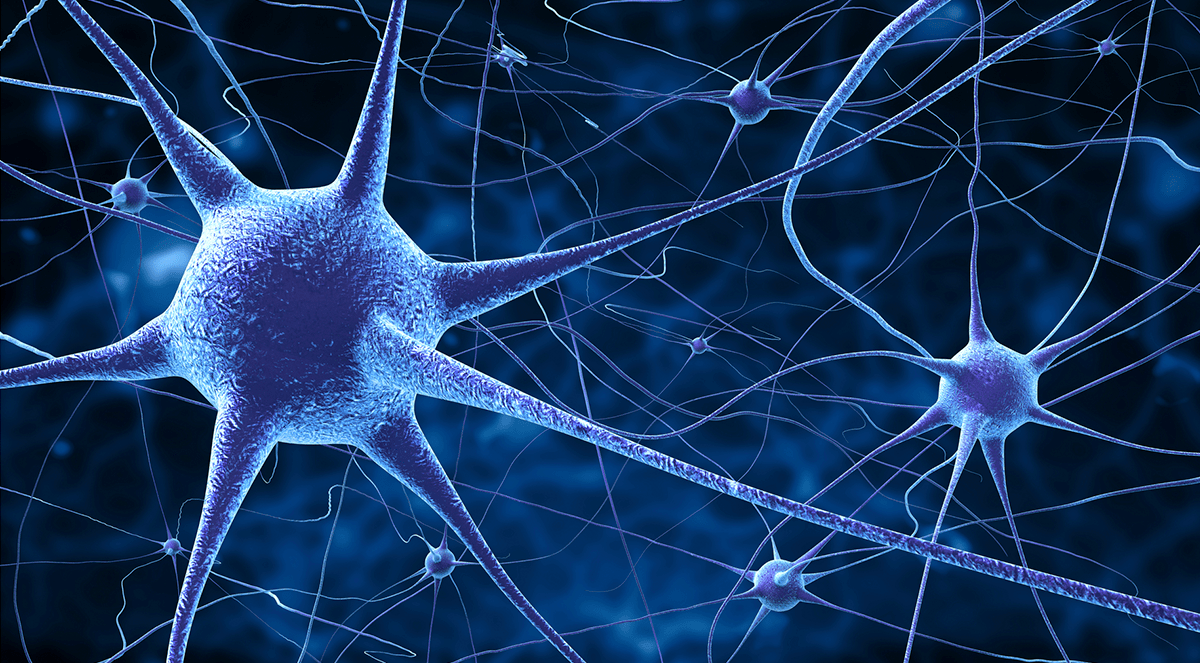Autism spectrum disorder (ASD) is characterized by constellation of impaired behaviors that include deficits in social interaction/communication and the presence of restricted/repetitive behavioral patterns. Both genetic component and environmental factors are thought to play a key role in the initiation and progression of ASD. Several environmental factors such as heavy metals and plasticizers are known to affect the progression of ASD. One of the most common pollutants in the environment today is di-2-ethylhexyl phthalate (DEHP). DEHP is utilized as a plasticizer in several household and office materials which range from medical devices to plastic toys. Children usually get exposed to DEHP at an early age through use of plastic toys and other plastic materials. Nuclear factor erythroid 2 (NFE2)-relatedfactor-2 (Nrf2) is a master redox regulator as it controls transcription of several antioxidant genes. DEHP has been reported to cause dysregulation in Nrf2 signaling in vitro/in vivo and ASD subjects also exhibit oxidant-antioxidant imbalance.Therefore, this study attempted to delineate the effect of DEHP on Nrf2 signaling in neutrophils of ASD and typically developing healthy children (TDC) in vitro. Our data display that neutrophils of ASD subjects have dysregulated Nrf2 and hemeoxygenase-1 (HO-1) expression as compared to TDC subjects. DEHP treatment leads to elevation of oxidant stress in neutrophils of both ASD and TDC subjects, however TDC neutrophils have better antioxidant response to mitigate oxidative stress. This is depicted by enhancement of Nrf2/HO-1 signaling in TDC neutrophils in response to DEHP whereas ASD neutrophils fail to do so. These results suggest that plasticizer, DEHP may cause further dysregulation in Nrf2 signaling which may promote progression of ASD.Copyright © 2022 Elsevier B.V. All rights reserved.
Dysregulated Nrf2 signaling in response to di(2-ethylhexyl) phthalate in neutrophils of children with autism.


